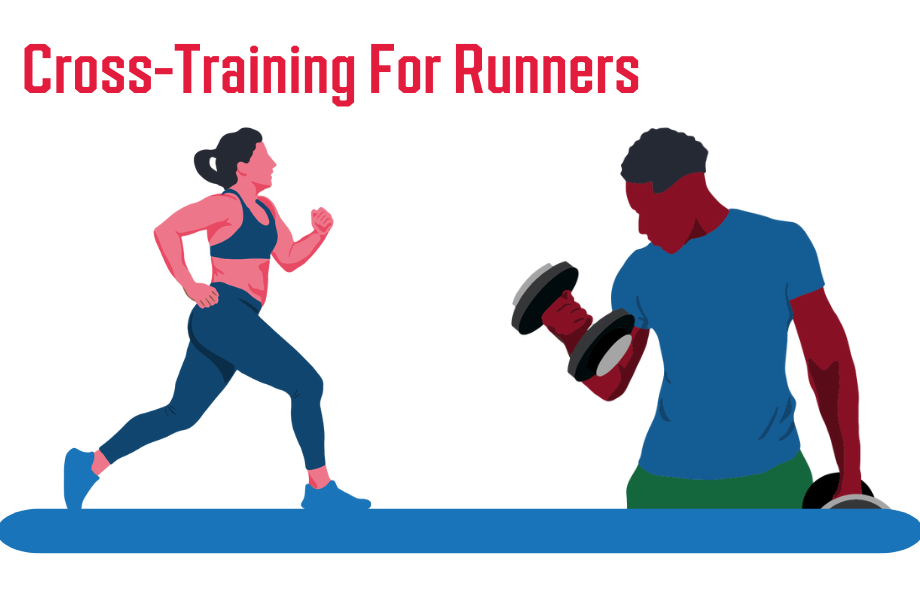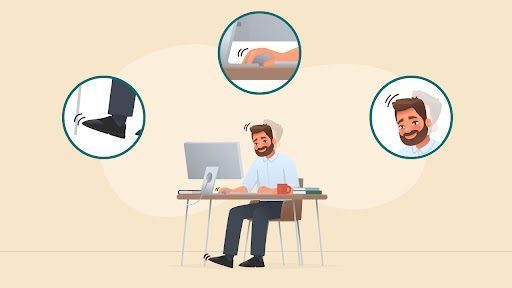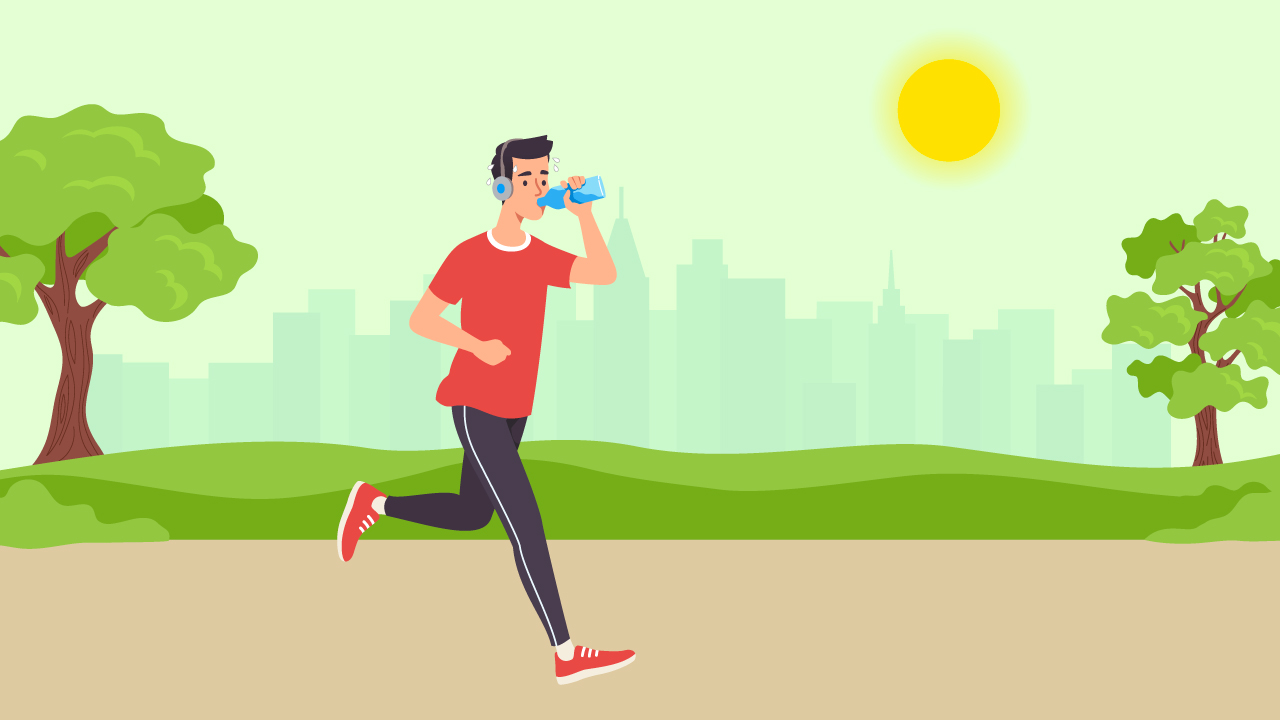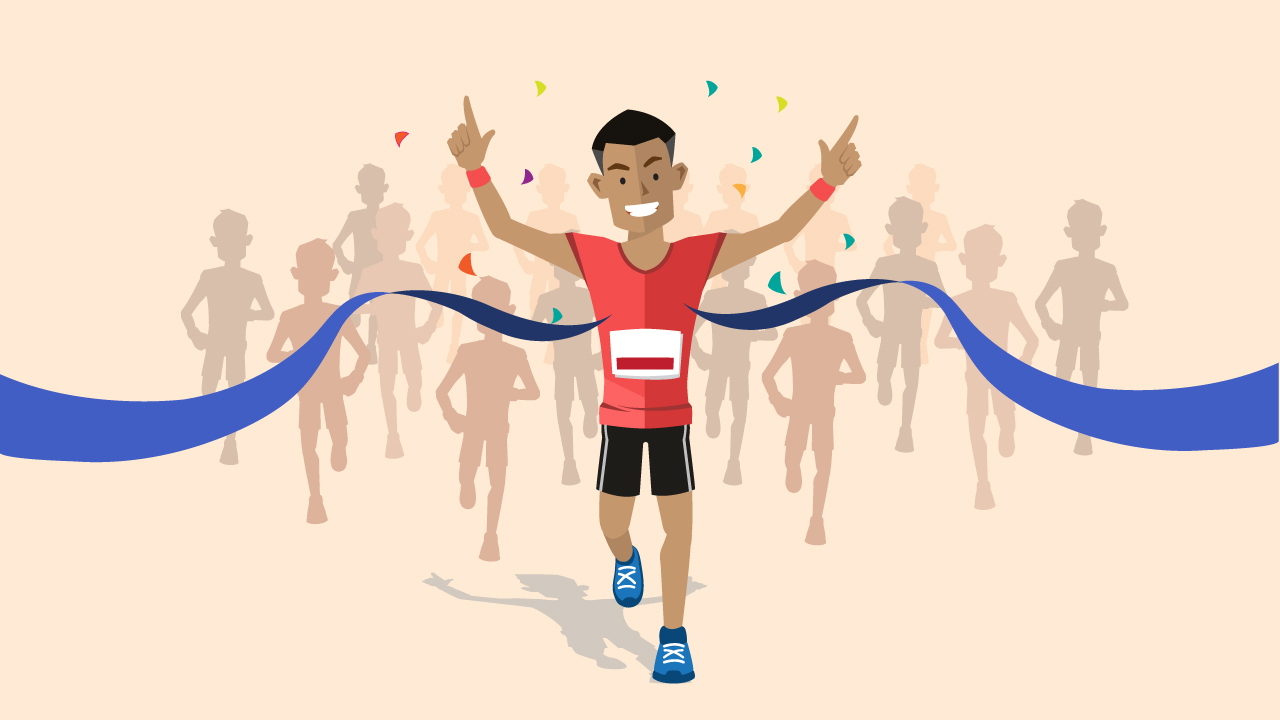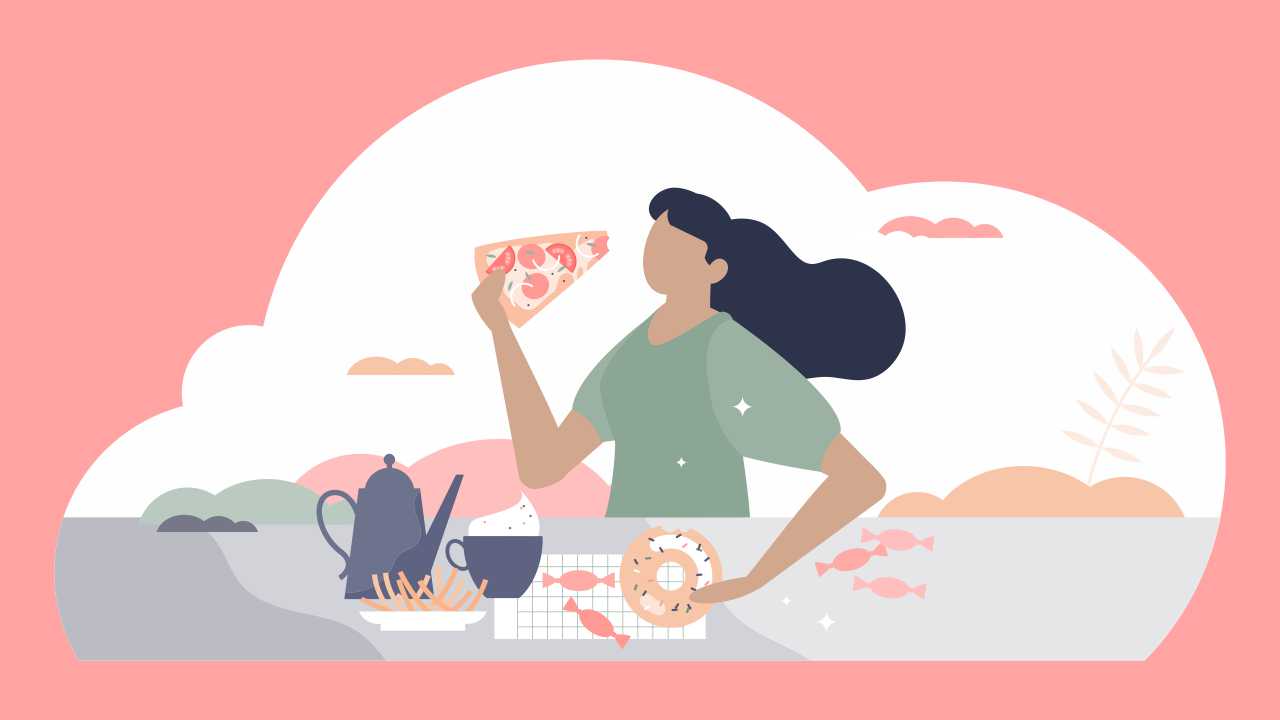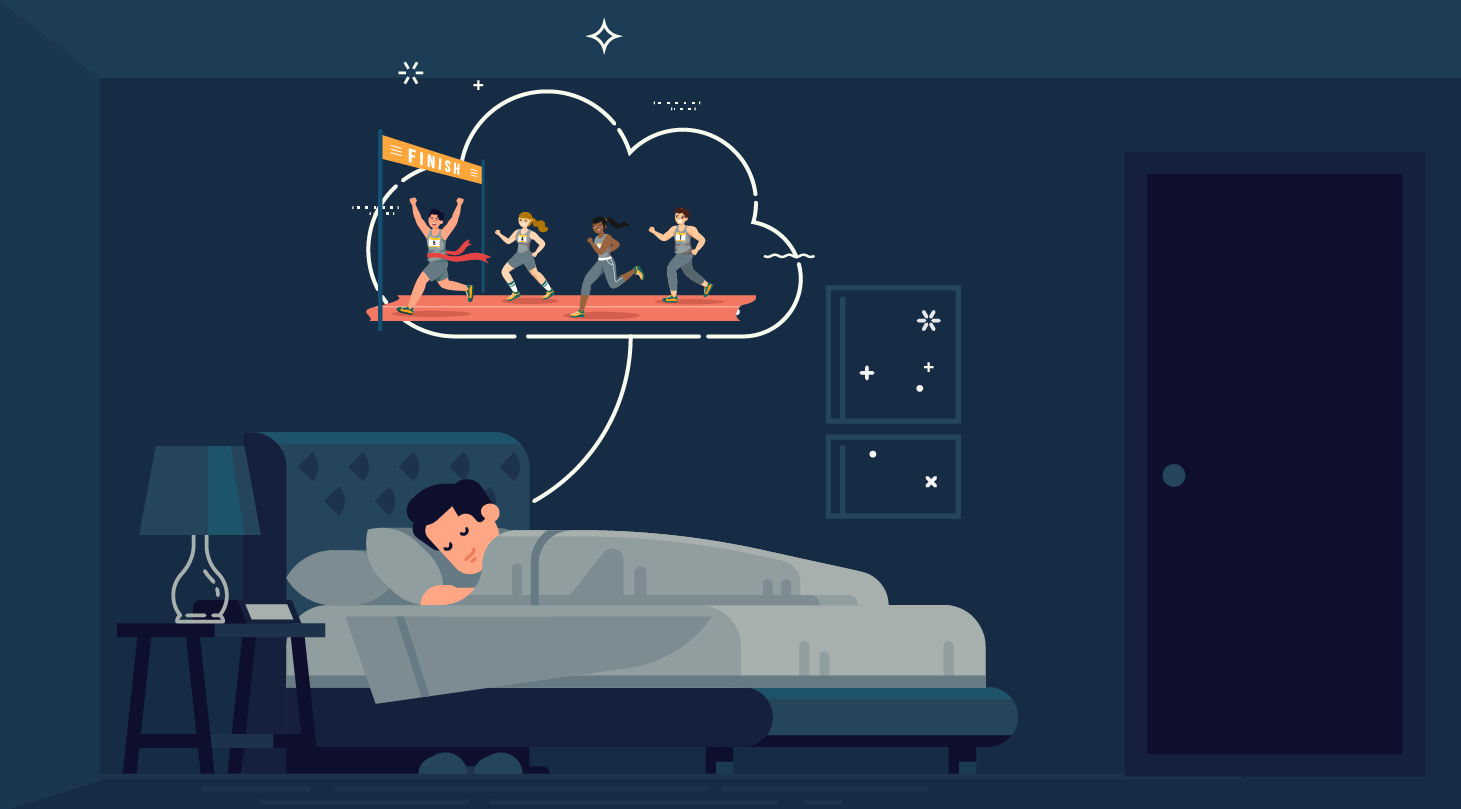
Hypoglycemia or Low Blood Sugar Level: Causes, Symptoms, and Management
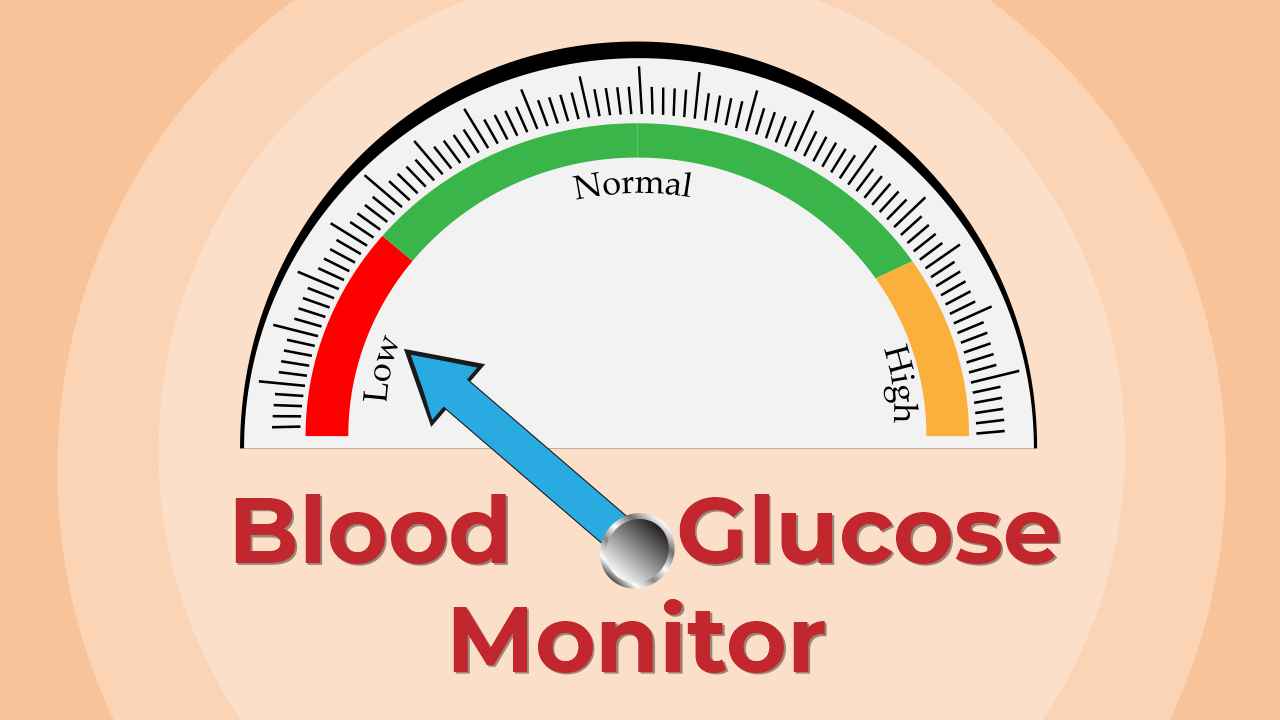
Glucose is the body’s go-to source for energy production. Having enough glucose in the body is essential for it to perform various key functions. However, hyperglycemia or excess blood glucose, and hypoglycemia or low blood glucose can pose many health risks. Often the effects of hyperglycemia are discussed more since it is connected to diabetes and has detrimental long-term effects on the body. However, even hypoglycemia can have severe effects on your overall health. Although the effects of hypoglycemia are short-lived, they can be life-threatening if not mitigated in time.
Regulation of blood glucose levels
Your body breaks down dietary carbohydrates into different sugar molecules, and glucose is one of them. Glucose serves as the primary source of energy for the body. The hormone insulin facilitates the entry of glucose into the cells to help in energy production. Any excess glucose is stored in the form of glycogen in the liver and muscles or converted into fat, which can be used later for energy.
Generally, in case you have not consumed food for several hours and your blood glucose levels fall, the stored glycogen is broken down to release glucose into your bloodstream. This process helps maintain the normal blood glucose levels until you have the next meal. Usually, in healthy individuals, adequate glucose is available to maintain normal blood sugar levels. Additionally, the body can make glucose from glycogen and fats. This process primarily takes place in the liver and the kidneys.
What is hypoglycemia?
Hypoglycemia or low blood sugar or glucose levels is a condition in which the glucose level in your blood plasma is less than normal. Generally, this is considered to be anything below 70mg/dL, but the symptoms may not be seen till the levels fall under 55mg/dL.
What are its causes?
The causes vary from person to person according to their health condition.
In individuals with diabetes
Hypoglycemia is commonly associated with the treatment of diabetes. In type 1 diabetes, individuals may not produce enough insulin, while, in type 2 they may not be very responsive to the insulin generated by the cells. Therefore, there tends to be glucose build-up in the bloodstream; if left unchecked, it can rise to very high levels.
The doctor may prescribe insulin or other drugs that can increase its production to manage the blood glucose levels. However, in case of a mismatch between the glucose-lowering effect of these medicines and the amount of energy being provided by food, a significant drop in your blood glucose levels may occur, leading to hypoglycemia.
Skipping meals, not eating on time, consuming less than the optimum amount of food following diabetes medication, drinking alcohol, or exercising more than your usual capacity can also increase the risk of hypoglycemia.
In individuals without diabetes
Hypoglycemia may also occur in individuals without diabetes due to a number of reasons:
Also read: Prediabetes: Causes, Risk Factors, Diagnosis, and Management
1. Abnormal production of hormones impairing glucose metabolism
Certain health conditions can lead to excessive production or deficiency of hormones involved in regulating glucose production, which may cause hypoglycemia.
Excess insulin can increase the risk of hypoglycemia. The production of excess insulin may occur in the case of insulinoma, a rare tumor.
Another condition seen mainly in children is Addison’s disease. It is a condition related to the adrenal glands in which there is reduced production of steroid hormones. Moreover, other hormones like glucagon, adrenaline, and thyroid may play some role in the development of hypoglycemia.
2. Severe infections
Individuals battling severe infections are more prone to hypoglycemia. Many reasons for this condition are often related to the severity of the disease and the organ systems involved.
3. Excessive alcohol consumption
Drinking excess alcohol without consuming adequate food can hamper the ability of your liver for releasing the stored glycogen into your bloodstream, which can cause hypoglycemia.
4. Following heavy or carbohydrate-rich meals
In some cases, hypoglycemia may occur a few hours after eating your meals. It may happen if you consume sugar-rich items, as your body may produce more insulin than required. High levels of insulin can cause blood sugar levels to drop. This condition is often called postprandial hypoglycemia or reactive hypoglycemia.
5. Other health conditions
Certain chronic conditions, such as advanced stages of liver disease, kidney disorders, long-term starvation, or excessive and prolonged vomiting may lead to hypoglycemia.
Symptoms of hypoglycemia
Signs of low blood glucose levels may include:
- Headache or a sudden feeling of lightheadedness
- Increased or irregular heart rate
- Fatigue or tiredness
- Hunger
- Slurred speech or difficulty in speaking
- Pale skin or sudden profuse sweating
- Racing heartbeat
- Irritability or sudden mood changes
- Tingling feeling or numbness in the lips, tongue, or cheeks
If the condition worsens, these advanced symptoms may be seen:
- Confusion
- Memory loss
- Seizures
- Blurry vision
How can hypoglycemia be managed?
For effective hypoglycemia management, you need to identify its symptoms. All diabetics and those susceptible to hypoglycemia should consult their physicians to know about this condition and find ways to handle it in an emergency. The treatment includes getting your blood glucose levels up to normal — this may be done with food, drinks, or medication. Chronic cases may require long-term hypoglycemia management to detect and treat the underlying cause.
Hypoglycemia management
Some ideas to control this condition are:
1. Consume fast-acting carbohydrates
It is suggested that consuming at least 15g of fast-acting carbohydrates, either in solid or liquid form, can relieve the symptoms of hypoglycemia. These include sugar candies, chocolates, oral glucose solution, fresh or dried fruits, fruit juice, and granola bars, which can be quickly broken down into sugar in the body. Having 15g-20g of glucose tablets can also be helpful. All diabetics are advised to keep such sources of glucose readily available for use in case of an episode of hypoglycemia.
Sugar levels can be tested roughly 15 minutes post consuming carbohydrates; if the levels are not corrected, an additional 15g can be taken. Do not overconsume carbohydrates, as they can lead to high blood sugar levels.
Blood glucose level may need to be monitored to ensure it is within the normal range. If the symptoms are not alleviated or blood sugar levels are not back to the target range, consult a physician.
2. Eat a snack
Once the sugar levels are back to normal, your doctor may recommend you to have a snack to help replenish the body’s glycogen stores.
3. Consider intravenous glucagon as a solution
Glucose may be administered intravenously in severe cases of hypoglycemia when eating becomes difficult.
Preventing hypoglycemia
A few handy preventive measures include:
1. Check blood glucose levels
Monitor your blood sugar levels regularly, especially if you are diabetic or have a history of hypoglycemia. This can help in maintaining the levels within the normal range. Your physician can help you determine the frequency at which the levels should be monitored.
2. Avoid skipping meals
If you experience frequent or recurring incidences of hypoglycemia, it is advisable to have small meals with short intervals throughout the day to avoid dips in glucose levels. Individuals who experience such episodes should consult a physician to identify any underlying cause, which should be treated promptly.
3. Fuel well for workouts
Fueling before a workout session is crucial because during exercise your body uses energy. So, if you do not consume the right kind of food pre-workout, your blood glucose levels may drop quickly.
Also read: A Beginner’s Guide to Working Out with Right Nutrition
It is suggested that you exercise for long periods, such as an hour or more, and consume small amounts of carbohydrates during the workout. You may consider consuming items like granola bars and energy drinks, as they provide instant energy.
Prevention tips for individuals with diabetes
If you are on any diabetic medication, follow the treatment regimen along with recommended dietary and lifestyle changes diligently. Discuss any potential risk of hypoglycemia with your physician.
Depending on an individual’s medical history and severity of diabetes, some people with this ailment may be recommended a continuous glucose monitor (CGM), which is a device that can be used to read blood glucose levels. It sends alerts when levels fall significantly.
It is advisable to keep fast-acting carbohydrates in the form of juice or tablets with you. This can come in handy if blood glucose levels dip very low.
Moderate-intensity and high-intensity exercises can cause the blood sugar levels to fall 24 hours after the routine. So, it is suggested that you check the levels right after your workout and in regular intervals thereafter. Monitor your sugar levels one or two hours before exercising to ensure that they are within the target range. If the levels are too low, you can consume a small carbohydrate-rich snack. Consult your physician and a qualified fitness coach to design a personalized plan for you to follow along with all recommended guidelines.
References
1. Mathew P, Thoppil D. Hypoglycemia. StatPearls [Internet]. Treasure Island (FL): StatPearls Publishing, 2021. https://www.ncbi.nlm.nih.gov/books/NBK534841/ (accessed May 18, 2021).
2. Hypoglycemia. Mayo Clinic. https://www.mayoclinic.org/diseases-conditions/hypoglycemia/symptoms-causes/syc-20373685 (accessed May 19, 2021).
3. Low Blood Glucose (Hypoglycemia). National Institute of Diabetes and Digestive and Kidney Diseases. https://www.niddk.nih.gov/health-information/diabetes/overview/preventing-problems/low-blood-glucose-hypoglycemia (accessed May 19, 2021).
4. Evans Kreider K, Pereira K, Padilla BI. Practical Approaches to Diagnosing, Treating and Preventing Hypoglycemia in Diabetes. Diabetes Ther 2017; 8: 1427-35.
5. Nall R. Low Blood Sugar (Hypoglycemia). Healthline. 2016; published online Aug 29. https://www.healthline.com/health/hypoglycemia accessed May 19, 2021).

